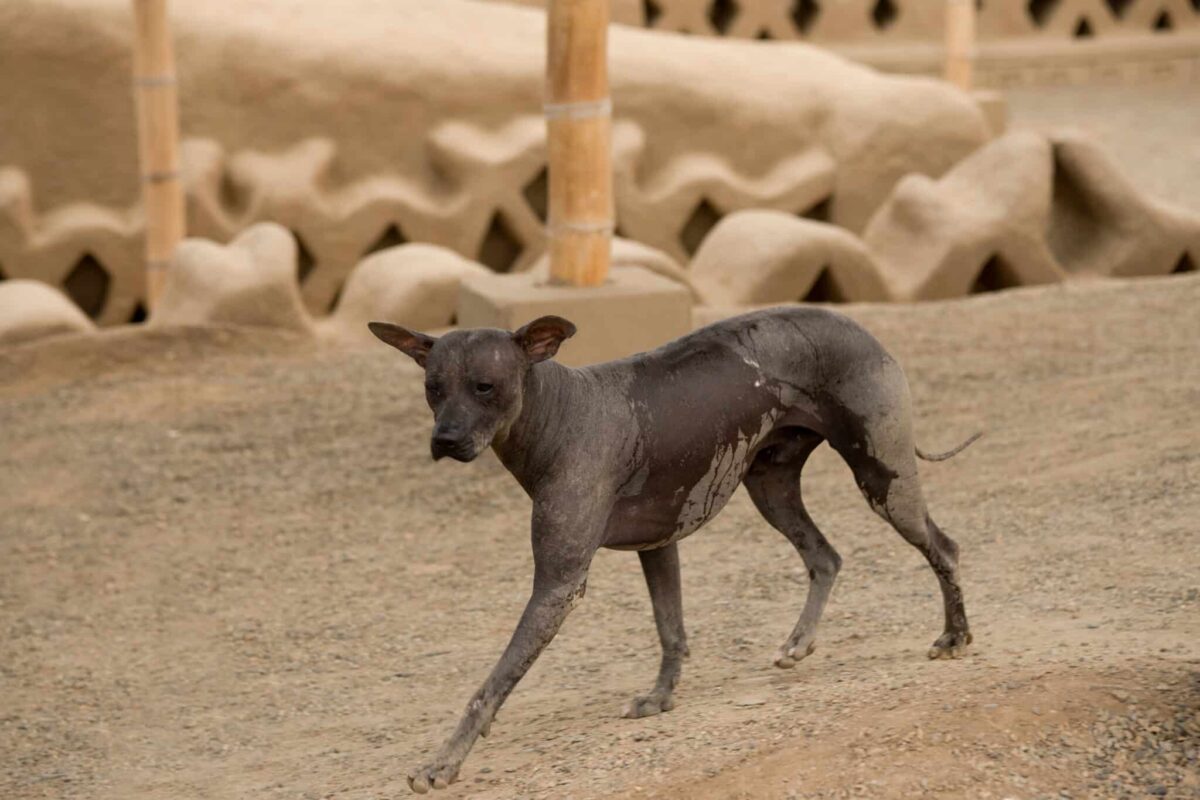
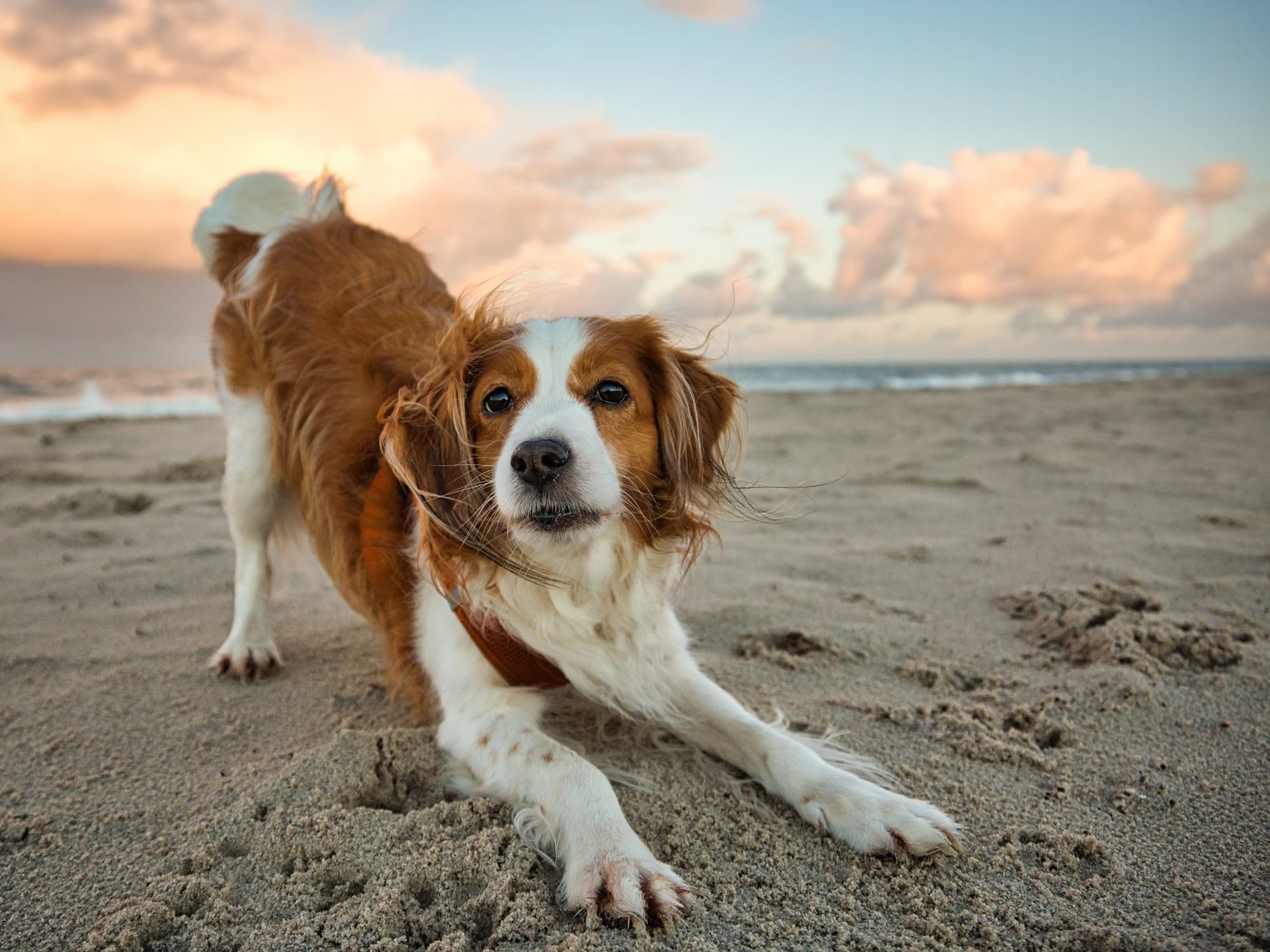
While many people are familiar with popular dog breeds like the Labrador Retriever, Golden Retriever, and German Shepherd, numerous lesser-known dog breeds have rich and fascinating histories. Though not as common, these breeds have played significant roles in various cultures and societies throughout history. Whether they were bred for hunting, guarding, or companionship, their unique backgrounds offer a glimpse into different parts of the world and human civilization. Some of these breeds have been preserved over centuries, while others remain rare, but all have stories worth exploring.
Azawakh
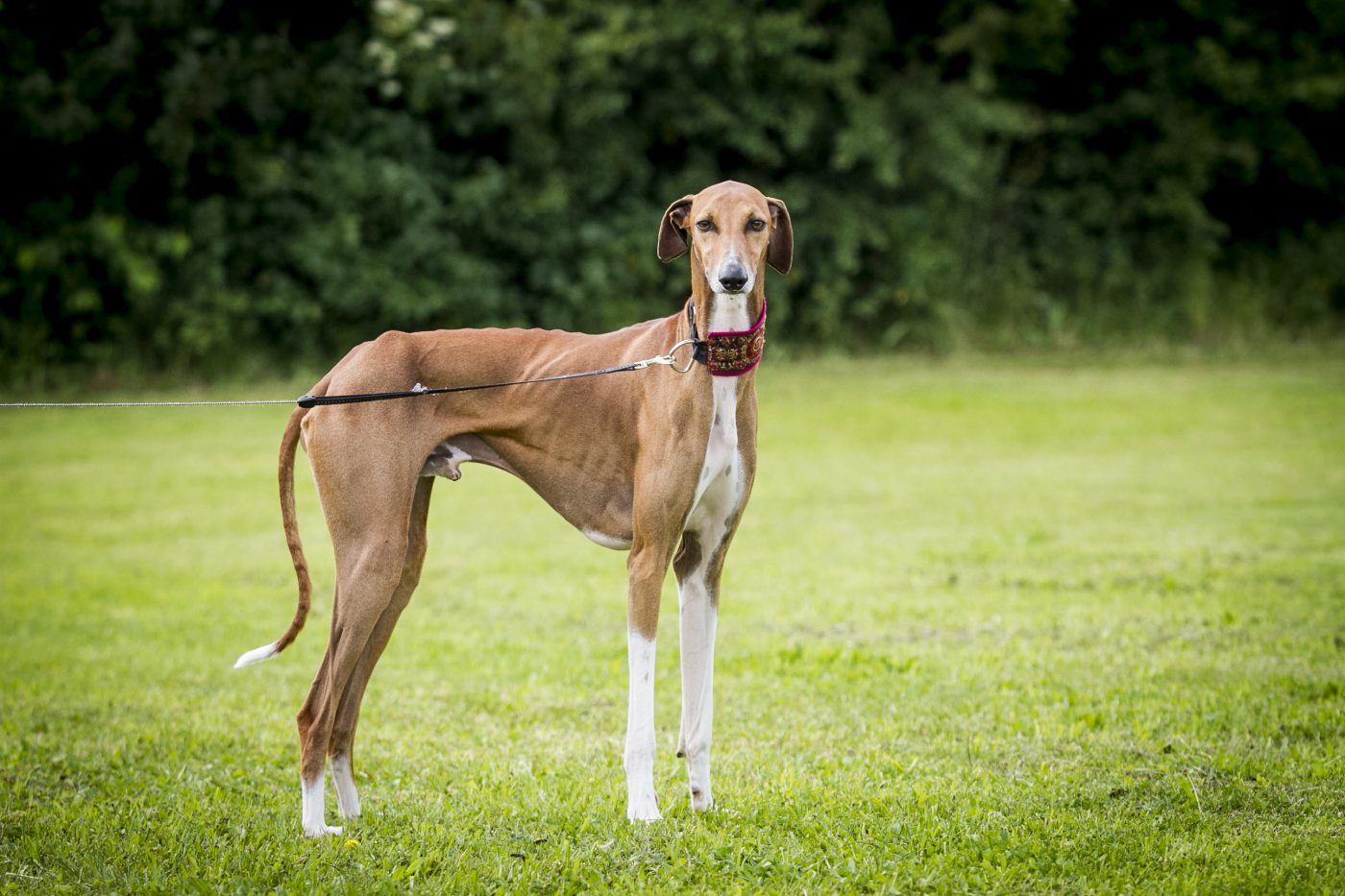
The Azawakh, a graceful and slender sighthound, hails from the West African Sahara, where it was traditionally bred by the Tuareg nomads. This breed is highly valued for its hunting and guarding abilities, often used to hunt gazelles and protect livestock. The Azawakh’s connection to the harsh desert environment of Mali, Niger, and Burkina Faso is evident in its lean, muscular body built for speed and endurance in extreme temperatures. Historically, these dogs were treated as family members by the Tuareg, and their loyalty to their human companions is legendary. The Azawakh’s unique history as a desert hunter and companion makes it one of the most fascinating, lesser-known breeds.
Xoloitzcuintli
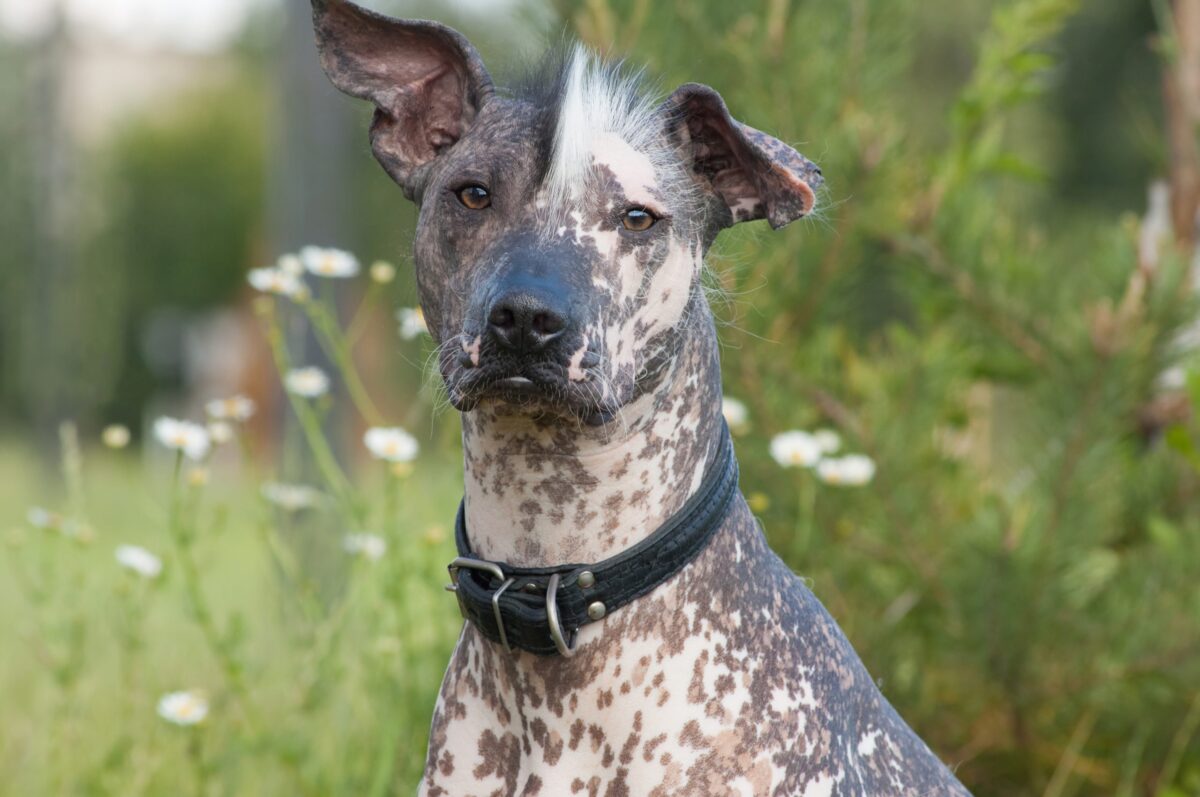
The Xoloitzcuintli, often referred to as the Mexican Hairless Dog, has a history that dates back over 3,000 years to ancient Mesoamerica. Revered by the Aztecs, Toltecs, and Mayans, the Xoloitzcuintli was considered a sacred breed believed to guide the souls of the deceased to the underworld. These hairless dogs were also valued for their warmth, often serving as bed warmers for their owners. Despite their ancient roots, the Xoloitzcuintli almost went extinct but has been revived by breeders dedicated to preserving its heritage. Today, this breed symbolizes Mexican history and culture, with its mystical past adding to its allure.
Lagotto Romagnolo
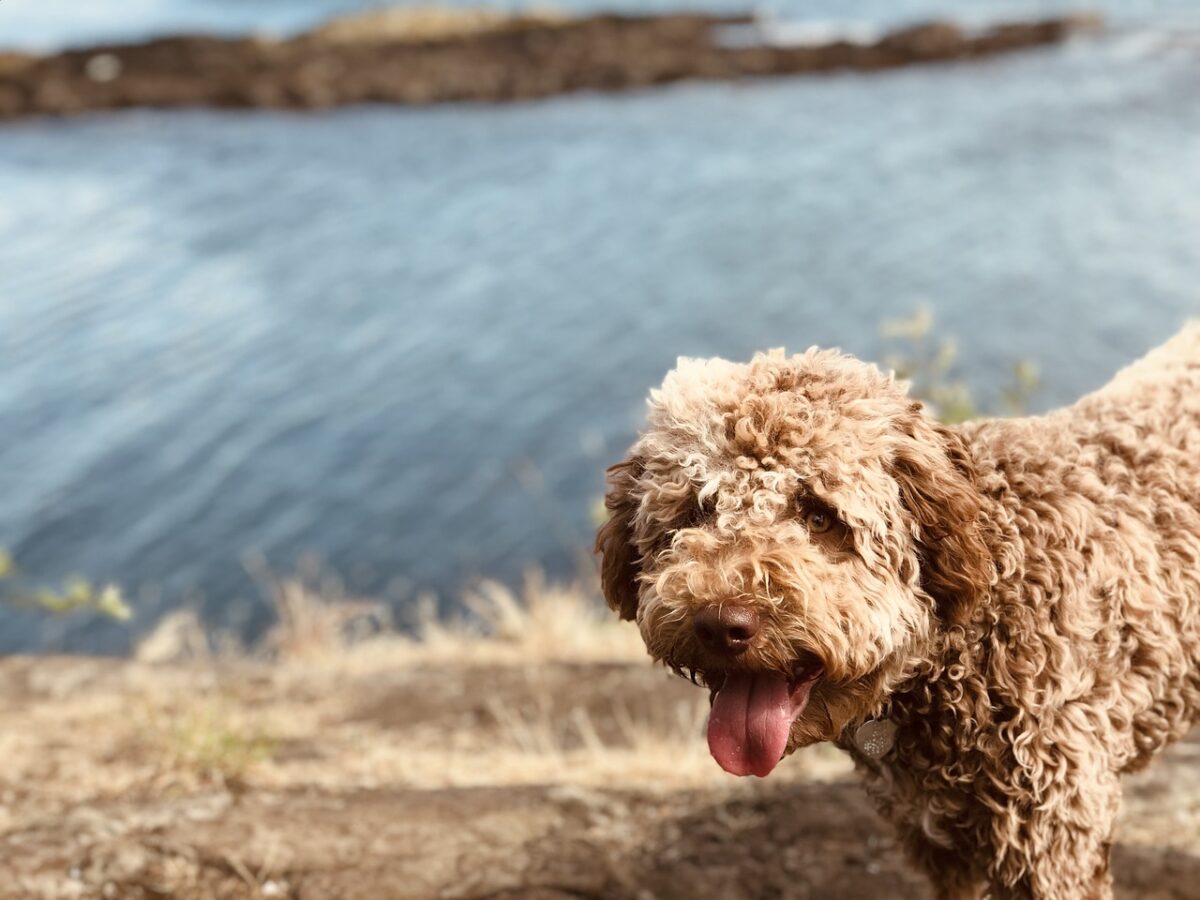
The Lagotto Romagnolo, originating from Italy’s Romagna region, is one of the oldest water retriever breeds in the world. Historically, this curly-coated dog was used by Italian hunters to retrieve waterfowl from marshes and lakes. However, the breed’s role evolved over time, and it became known for its exceptional truffle-hunting skills. The Lagotto Romagnolo’s keen sense of smell and intelligence made it ideal for locating prized truffles, a highly sought-after delicacy. While it is lesser known outside of Italy, the breed’s versatility as both a retriever and a truffle hunter, coupled with its long history, makes the Lagotto Romagnolo a truly fascinating breed.
Peruvian Inca Orchid
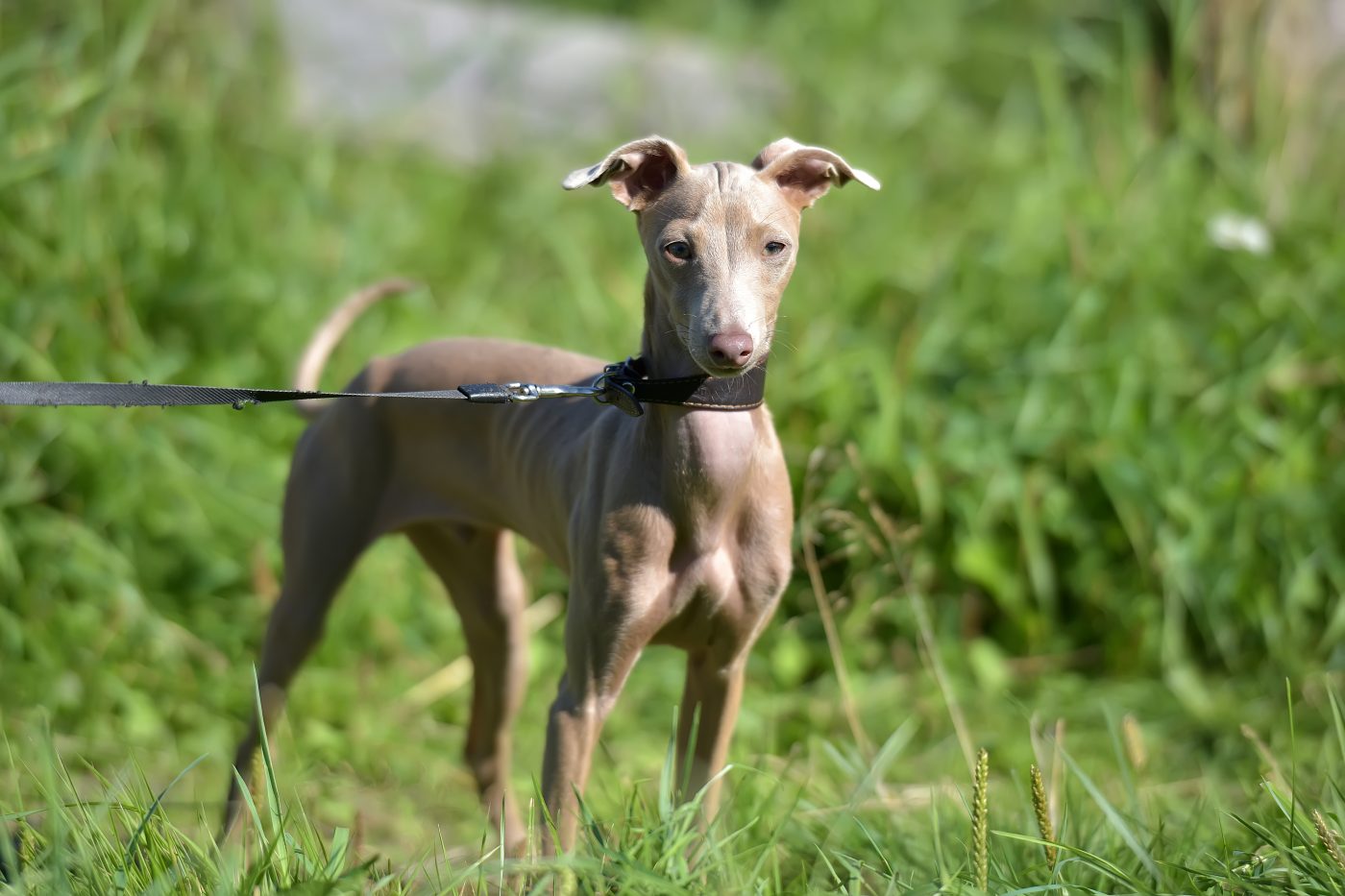
The Peruvian Inca Orchid, often referred to as the Peruvian Hairless Dog, has a history that dates back to ancient Peru, where it was kept by the Inca civilization. The Incas considered these dogs sacred and often depicted them in pre-Columbian art. Known for their hairless bodies and striking appearance, the Peruvian Inca Orchid was valued for its companionship and believed to possess healing properties. Despite their ancient origins, the breed remains relatively rare today but is revered in Peru as a national treasure. The Peruvian Inca Orchid’s deep historical roots in the Inca civilization and unique appearance make it one of the most fascinating lesser-known breeds.
Norwegian Lundehund
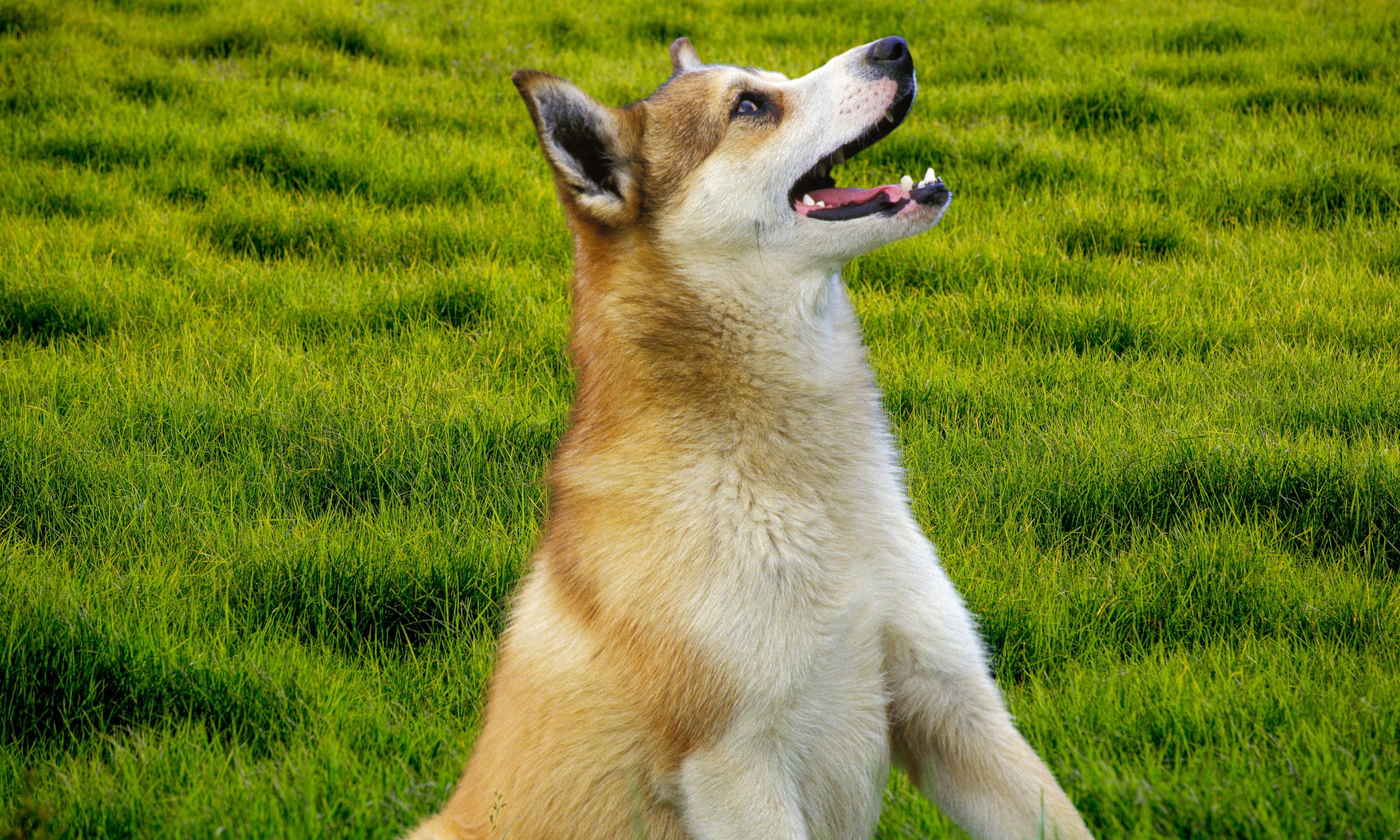
The Norwegian Lundehund is a rare and distinctive breed that hails from the remote islands of Norway. Bred to hunt puffins, this small, agile dog possesses unique physical traits that make it perfectly suited for scaling cliffs and navigating narrow crevices. The Lundehund has six toes on each foot, allowing it to grip rocks securely, and its flexible neck and joints enable it to twist and turn in ways most dogs cannot. Once essential for hunting puffins, the breed nearly disappeared when puffin hunting was outlawed. Today, dedicated breeders have worked to preserve the Norwegian Lundehund, ensuring that its remarkable history as a puffin hunter lives on.
Canaan Dog
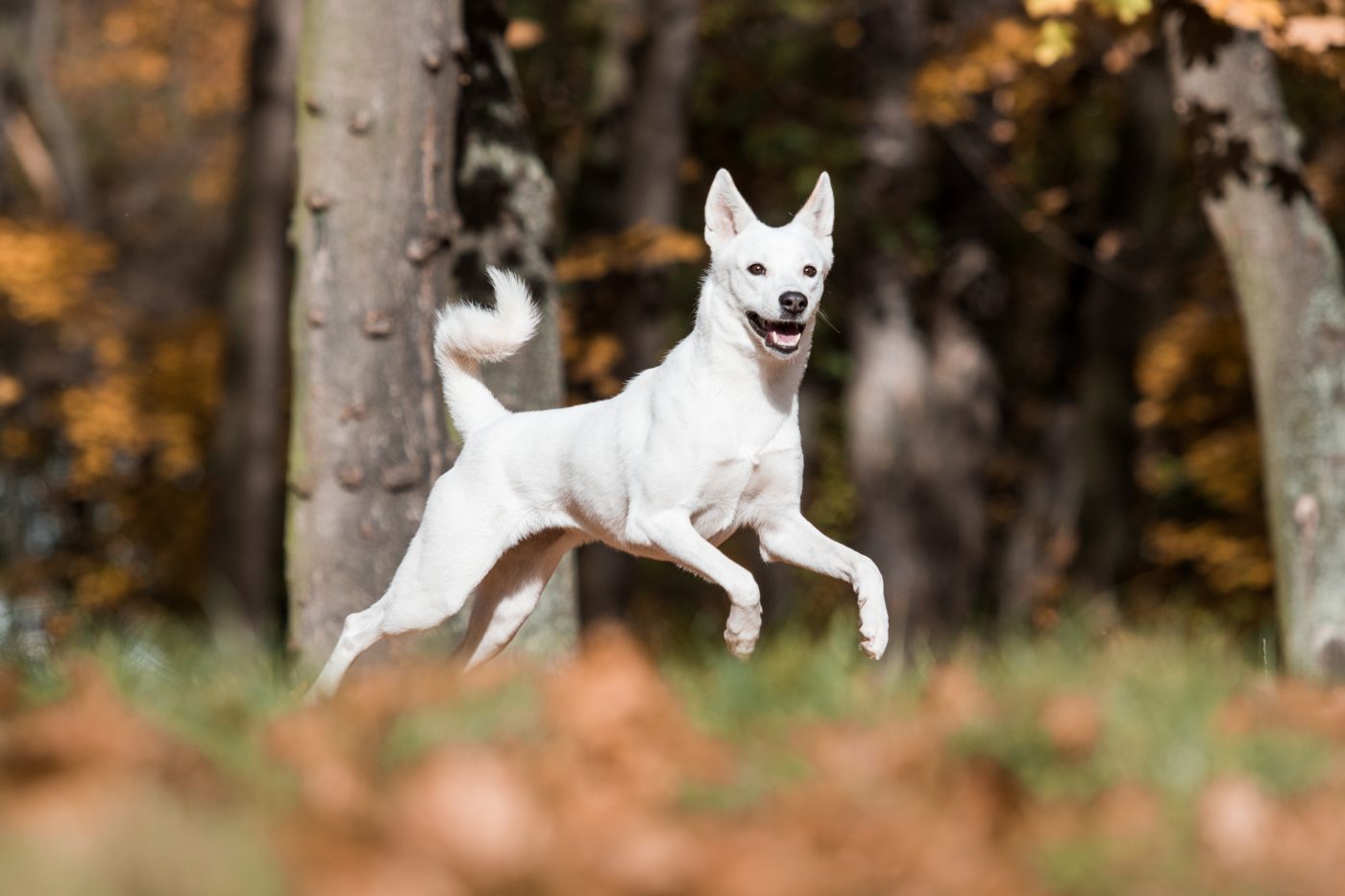
The Canaan Dog, one of the oldest breeds still in existence, has a history deeply rooted in the Middle East. This breed is thought to have descended from the wild pariah dogs of ancient Israel, and it was used by nomadic Bedouins to guard livestock and protect their camps. During World War II, the breed was trained for military work, including mine detection and guard duties. The Canaan Dog’s resilience and adaptability have allowed it to survive in harsh desert conditions for thousands of years. Known for its intelligence and independence, the breed’s long history as a wild, semi-domesticated dog makes it unique and historically significant.
Kooikerhondje
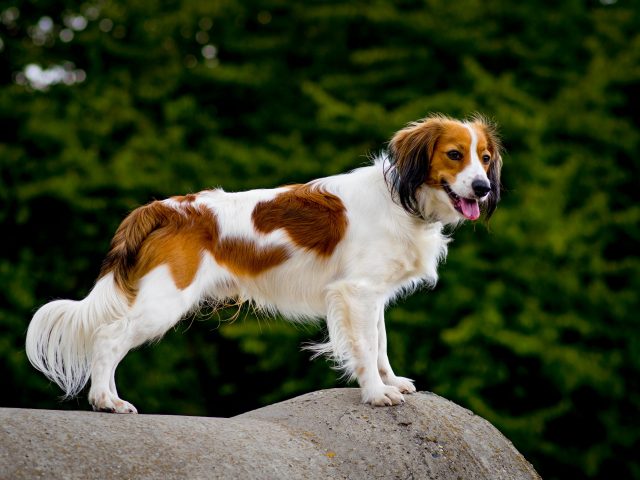
The Kooikerhondje, a small Dutch spaniel-like breed, has a rich history tied to the Netherlands. Originally bred as a duck-hunting dog, the Kooikerhondje was used to lure ducks into traps with its white-tipped tail, a practice known as “eendenkooi.” The breed was highly popular in the 16th and 17th centuries and even appears in paintings by Dutch Masters such as Rembrandt and Jan Steen. Despite declining numbers during the 20th century, the breed has been revived and is now a cherished part of Dutch heritage. The Kooikerhondje’s historical role in traditional duck hunting and its connection to Dutch art and culture make it a fascinating breed with a storied past.
Thai Ridgeback
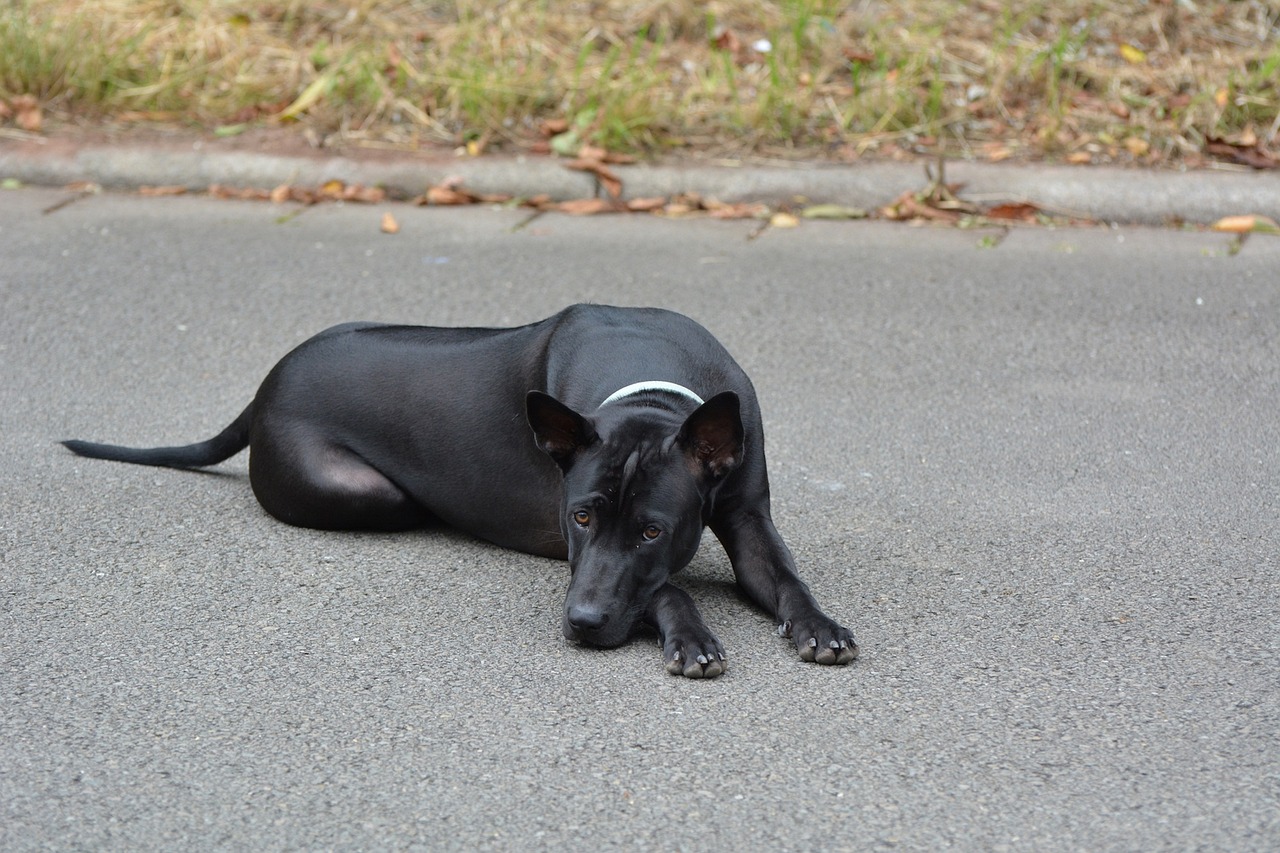
The Thai Ridgeback, an ancient breed from Thailand, is known for its distinctive ridge of hair running along its back. Historically, this breed was used by farmers and villagers for hunting, guarding, and as a general-purpose working dog. The Thai Ridgeback’s independent and agile nature made it a versatile and reliable companion in rural Thailand, where it was often relied upon to hunt wild boar and protect homesteads from intruders. While relatively rare outside of Thailand, the breed’s long-standing history and unique physical traits have symbolized strength and resilience in Thai culture. The Thai Ridgeback’s fascinating history as a guardian and hunter in Southeast Asia adds to its allure as a lesser-known breed.
Guardians of History and Companions Through Time
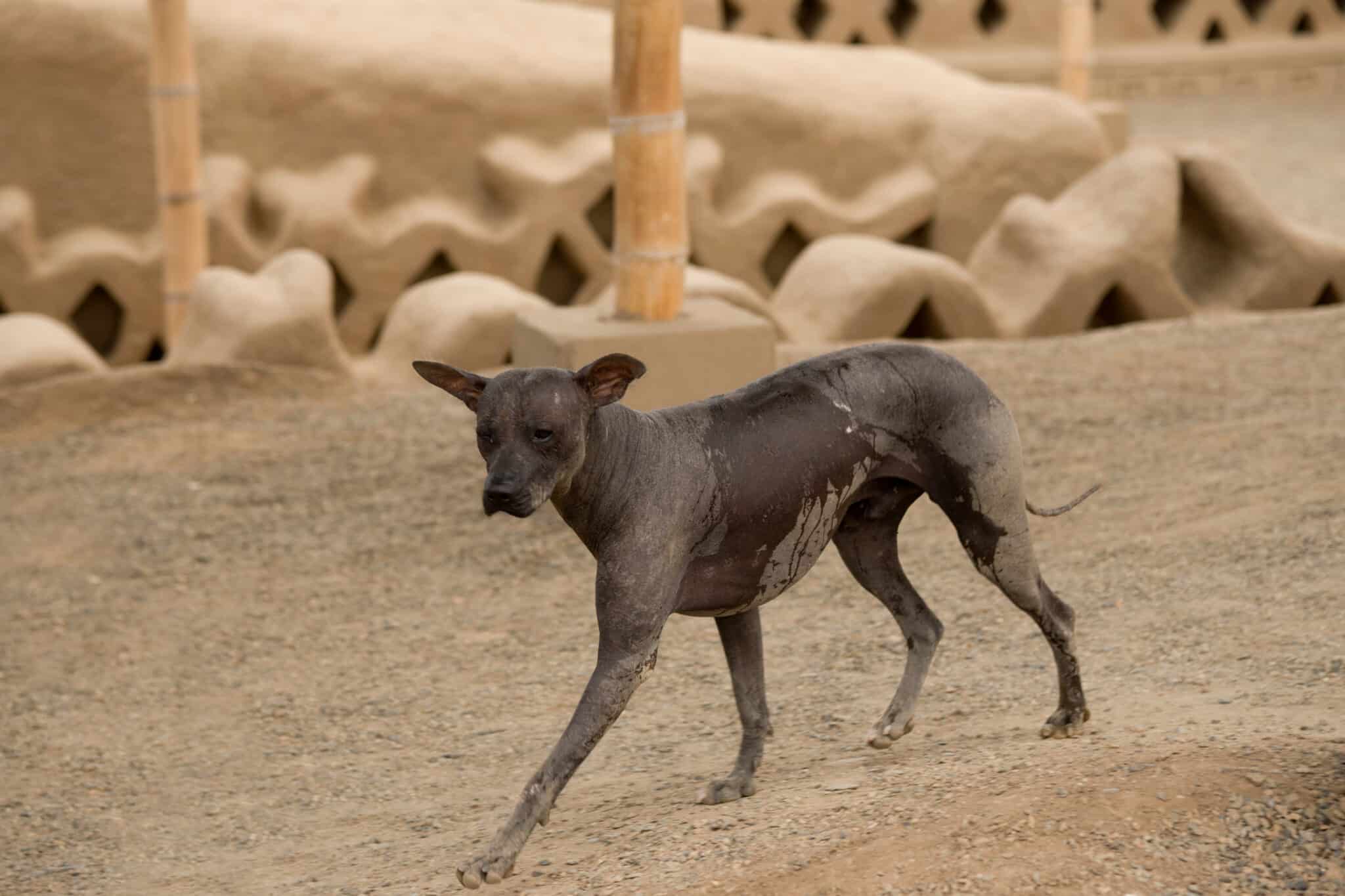
These lesser-known dog breeds carry a rich history that spans centuries and cultures. From Africa’s deserts to Norway’s mountains, these dogs have served as hunters, guardians, and loyal companions. Their unique traits, intelligence, and loyalty have helped them endure challenging times, and they are now cherished for their historical significance. As we learn more about these remarkable breeds, we gain a deeper appreciation for how closely their stories are intertwined with ours. These dogs have always been more than pets—they are guardians of history and lifelong companions.

